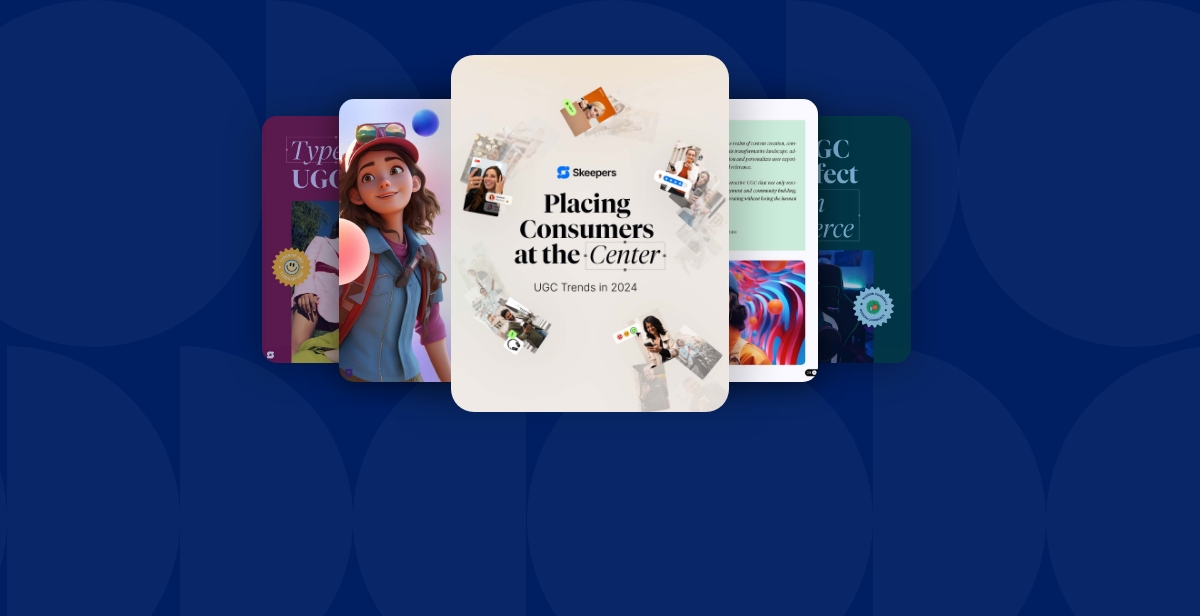The most fundamental form of marketing is talking with your target customers. When you engage your customers, you learn more about them, what their most pressing problems are, and how you can serve them better. And with so many ways to engage customers and gather quality feedback to improve your marketing efforts, there really is...
The most fundamental form of marketing is talking with your target customers. When you engage your customers, you learn more about them, what their most pressing problems are, and how you can serve them better.
And with so many ways to engage customers and gather quality feedback to improve your marketing efforts, there really is no excuse for not doing so.
If you have an email list, you can easily ask customers questions or issue a survey. On your website, you can provide at least a dedicated feedback email. Even better, provide a dedicated feedback form, placed prominently on your site; your order confirmation page is ideal for seeking feedback about a customer’s online shopping experience. Social media sites likes Facebook, Twitter, and LinkedIn are another invaluable resource for customer feedback.
Research shows that businesses which take the time to understand their customers and customer journeys experience significant results:
- According to RSR’s 2014 Benchmark report, businesses saw year-over-year sales improvements when they embraced customer knowledge in all decision-making processes.
- McKinsey reports that companies who put customer knowledge at the center of marketing decisions improve their marketing return on investment by 15 – 20%.
- A 2013 Aberdeen Group study of 347 businesses saw that top-performing businesses across all industries rely on customer knowledge to drive their sales and marketing initiatives.
There is no question about it: today’s most successful businesses have figured out that customer feedback is crucial to any successful marketing effort.
Marketing in the Age of the Customer
According to Entrepreneur’s “Top 10 Customer-Centric Marketing Trends for 2016”, more and more businesses are ignoring “big mounds of data and focusing instead on simple insights about customers that help marketers to be more relevant to individuals and audiences.”
While traditional marketing relied on gathering and analyzing facts, figures and statistics to look for generalities or trends, customer insight research goes deeper. It attempts to answer WHY customers make a purchase. What happened to create the buying situation and how can that situation be replicated again in the future?
A good knowledge of your individual customers – why they come to you and what you can do to ensure their return – makes it possible to develop more effective marketing strategies, strategies that target their specific needs – and increase your sales:
- 40% of consumers buy more from retailers who personalize the shopping experience across channels.
- Nearly three-fourths (74%) of online consumers become frustrated with websites when content (e.g. offers, ads, promotions) appears which has nothing to do with their interests.
- In a study of 650 multi-channel marketing campaigns, effective personalized campaigns consistently and overwhelmingly beat out static campaigns in generating a high response rate from recipients.
Clearly, customers are not interested in a one-size-fits-all relationship. They expect businesses to provide a relevant experience and will reward businesses which are able to deliver just that.
You Probably Don’t Really Know Your Customers
Basic demographic information isn’t too hard to come by. But do you know who your customer segments are? Do you know what motivates them to research and/or make a purchase decision? Or who, if anyone, is telling them where and how to buy? And where are they when they make their purchases? What kinds of devices are they making their purchases from? Do you know how do they feel along the customer journey?
Probably not. Many companies wrongly assume they know their customers well. After all, when 80% of companies say they deliver “superior” customer service but only 8% of customers agree, there is clearly a big disconnect happening.
But being able to accurately answer these questions is essential to successfully marketing your business. Once you know why your customers do things a certain way, it is much easier to establish and build an experience which delivers authentic and long-term customer value.
And the only way you will find answers to these – and other – questions is by gathering customer knowledge, knowledge that is essential to delivering an experience which resonates with customers, one which speaks to their unique values, buying habits, and expectations.
Taking the time to research your customers, to develop a deep understanding of their needs, wants, and expectations, will allow you to more effectively target your products and services. In today’s customer-first world, the only way to successfully market and yield positive business results is by collaborating with customers to deliver exactly what they are looking for.








